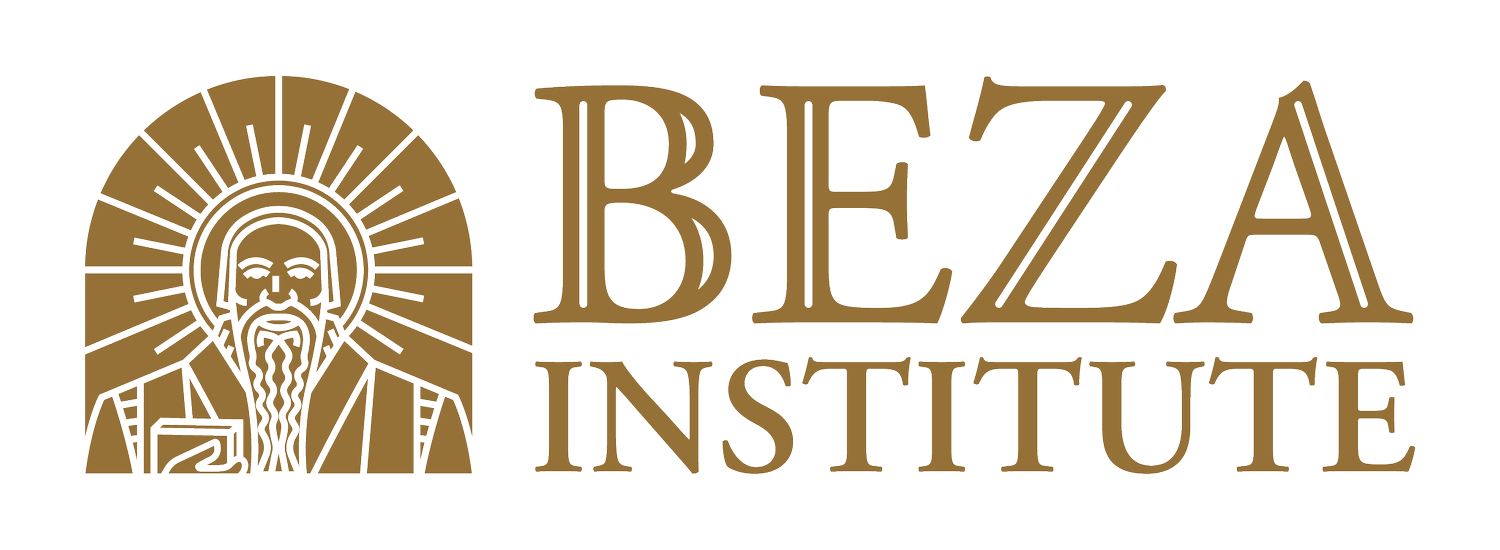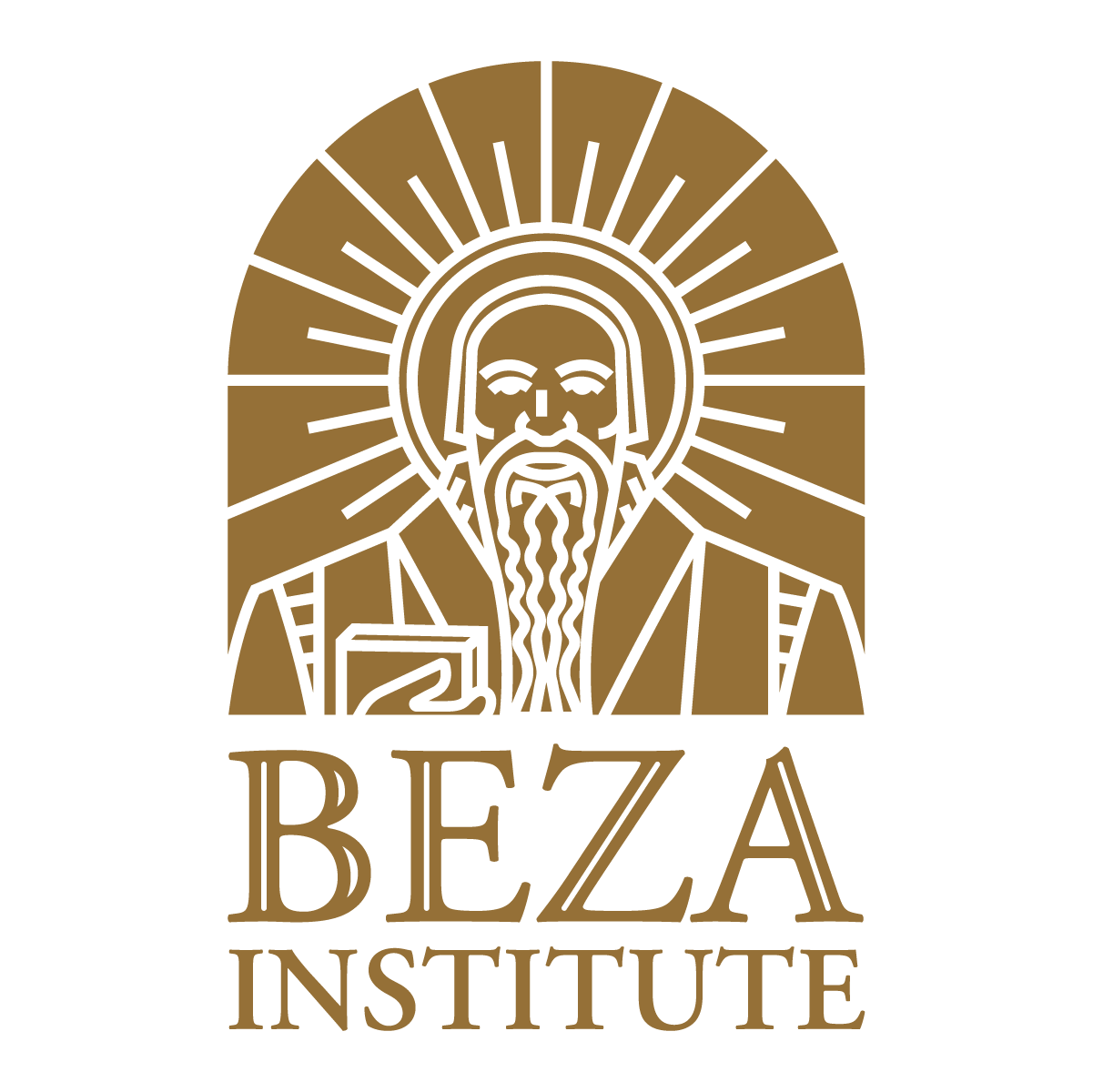A Calvin-Inspired Catechism on Education & the Liberal Arts
John Calvin had much to say about the life of the mind, education, and the value of the Classical Liberal Arts. Below, I’ve compiled a list of quotes from Calvin as it pertains to these topics (mostly from Calvin’s Institutes of the Christian Religion). While this catechism is not exhaustive of all of Calvin’s thoughts on these topics, it serves as a helpful starting point for Classical Christian Educators as they seek to retrieve the retrieve the historic Protestant tradition of education.
What is the goal of life?
The final goal of the blessed life… rests in the knowledge of God. (Institutes of the Christian Religion, 1.5.1)
Why must we understand that we owe everything to God?
For until men recognize that they owe everything to God, that they are nourished by his fatherly care, that he is the Author of their every good, that they should seek nothing beyond him — they will never yield him willing service. (2.2.1)
Where do the liberal arts come from?
We ought not forget those most excellent benefits of the divine Spirit, which he distributes to whomever he wills, for the common good of mankind… But if the Lord has willed that we be helped in physics, dialectic, mathematics, and other like disciplines, by the work and ministry of the ungodly, let us use this assistance. (2.2.16)
Why should we study the liberal arts?
Men who have either quaffed or even tasted the liberal arts penetrate with their aid far more deeply into the secrets of divine wisdom. (1.5.1)
In what ways does the study of the liberal arts raise the mind?
As God’s providence shows itself more explicitly when one observes these, so the mind must rise to a somewhat higher level to look upon his glory. (1.5.1)
What happens when we neglect the liberal arts?
For if we neglect God’s gift freely offered in the arts, we ought to suffer just punishment for our sloths. (2.2.16)
How do we distinguish between earthly things and heavenly things?
I call ‘earthly things’ those which do not pertain to God or his Kingdom, to try justice, or to the blessedness of the future life; but which have their significance and relationship with regard to the present life and are, in a sense, confined within its bounds. I call ‘heavenly’ things the pure knowledge of God, the nature of true righteousness and the mysteries of the Heavenly Kingdom. The first class includes government, household management, all mechanical skills, and the liberal arts. In the second are the knowledge of God and of his will, and the rule by which we conform our lives to it. (2.2.13)
Is there a benefit found in the “fine arts”?
But because sculpture and painting are gifts of God, I seek a pure and legitimate use of each, lest those things which the Lord has conferred upon us for his glory and our good be not only polluted by perverse misuse but also turned to our destruction. (1.9.12.)
Can we only find truth in Christian sources?
Shall we deny that the truth shone upon the ancient jurists who established civic order and discipline with such great equity? Shall we say that the philosophers were blind in their fine observation and artful description of nature? Shall we say that those men were devoid of understanding who conceived the art of disputation and taught us to speak reasonably? Shall we to say that they are insane who developed medicine, devoting their labor to our benefit? What shall we say of the mathematical sciences? Shall we consider them the ravings of madmen? No, we cannot read the writings of the ancients on these subjects without great admiration. (2.2.15)
Yet, why should we read non-Christian sources with discernment?
Although they may chance to sprinkle their books with droplets of truth, how many monstrous lies defile them! (2.2.18)
Why do we teach languages and the humanities?
Because it is only possible to profit from such teaching [in sound doctrine] if one is first instructed in languages and humanities, and also because it is necessary to lay the foundations for the future… a college should be instituted for instructing children to prepare them for the ministry as well as for civil government. (Ecclesiastical Ordinances of 1541)
Where does true knowledge of ourselves begin?
But though the knowledge of God and the knowledge of ourselves are bound together by a mutual tie, due arrangement requires that we treat of the former in the first place and then descend to the latter. (1.1.13)
Why must we consider ourselves blind and feeble?
For what accords better and more aptly with faith than to acknowledge ourselves divested of all virtue that we may be clothed by God, devoid of all goodness that we may be filled by him, the slaves of sin that he may give us freedom, blind that he may enlighten, lame that he may cure, and feeble that he may sustain us; to strip ourselves of all ground of glorying that he alone may shine forth glorious, and we be glorified in him? (Prefatory Address: Letter to the King)
Where do we go to be saved?
We see that our whole salvation and all its parts are comprehended in Christ. We should therefore take care not to derive the least portion of it from anywhere else. (2.16.19)


